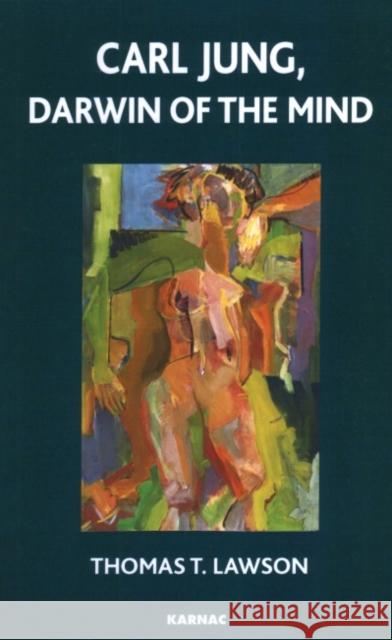Carl Jung, Darwin of the Mind » książka
Carl Jung, Darwin of the Mind
ISBN-13: 9781855754683 / Angielski / Miękka / 2008 / 226 str.
Carl Jung, Darwin of the Mind
ISBN-13: 9781855754683 / Angielski / Miękka / 2008 / 226 str.
(netto: 171,84 VAT: 5%)
Najniższa cena z 30 dni: 169,28
ok. 16-18 dni roboczych.
Darmowa dostawa!
Carl Jung: Darwin of the Mind is a review and an explanation of Jung's thought set in an evolutionary context.
Jung explored the human psyche throughout his long life. His writings elaborate on imagery that can be found in rituals, myths and fables worldwide as well as in the dreams, visions and fantasies of his patients and himself. Jung pursued common threads of meaning to the point of becoming deeply versed in the esoterica of Eastern mysticism, Gnosticism, and alchemy.
Taken collectively, Jung's works develop a coherent theory about how the psyche is constructed, including an idea of how consciousness emerged as a part of it. The author demonstrates that Jung's concept of a collective unconscious structured by archetypes meshes well with accepted views of evolution and can be squared with the most rigorous science of today. So taken, Jung's work is of unrivaled explanatory power and opens new vistas for understanding who we are and how we function.
It is accepted that everything in biology can be explained through Darwinian evolution except the human mind. Jung's theory contemplates that the collective unconscious evolved through natural selection just as instinct did. From this uniform, inherited unconscious, consciousness arose and the rapid expansion of consciousness over the last 6000 years can be traced in the various cultures in which it has been embodied. Indeed, Erich Neumann, Jung's brilliant successor, has charted this evolution through the myths and rituals of successive phases of culture.
The author enlarges upon Jung's and Neumann's findings by showing that the evolution of consciousness must have occurred not through genetic selection as with that of the collective unconscious, but through another form of natural selection: that propagated through culture itself.











